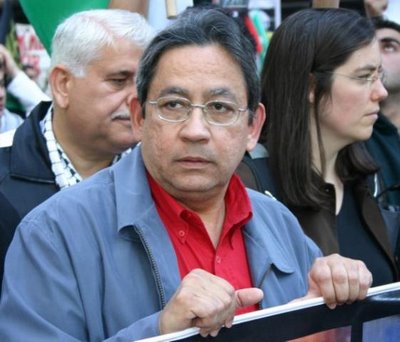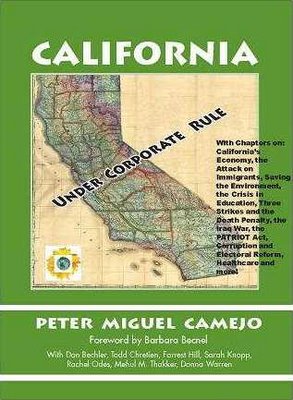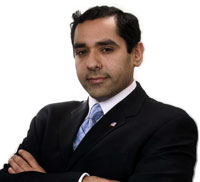"National Question" Part 10 Race Relations Council
Over Waitangi weekend 1970, Hamilton CARE hosted a meeting at Waikato University to form the New Zealand Race Relations Council (NZRRC). Delegates included representatives from CARE, HART, the Radical Students Association, the New Zealand University Students Association, the Student Christian Movement, the Canterbury Fabian Society, the Socialist Unity Party controlled Northern Drivers Union and a variety of ethnic and socialist controlled trade union and church organisations.
Former Communist Party member Tom Poata was present and made his usual inflammatory speech
"I believe that in a revolution some people get knocked over and some are left standing. It depends on your interpretation of violence. The South African coloured people have been very passive because they've had no arms to meet violence with violence. As a trade unionist, I'm prepared to put words into action and will die doing this if necessary."
While Sir Edmund Hilary was sucked into being the NZRRC's patron, the people with the real power were mainly CARE activists and/or Maoists.
Many Maoists had recently been expelled from the Communist Party (including almost the entire Wellington branch). They, together with some younger university based Maoists, formed the backbone of the new group.
The CARE contingent included;
Jim Gale The NZRRC's first president and CARE vice-President. Gale's father and brother were life-long Marxist-Leninists and Jim Gale had been in the Communist Party's "Socialist Club" at Auckland Uni.
Tom Newnham NZRRC's secretary and CARE leader. A long time supporter of the People's Republic of China.
Erihapeti Murchie An activist with Dunedin CARE, later a President of the Maori Womens Welfare League, a future Human Rights Commissioner and Ngai Tahu Trust Board official.
Professor Keith Sorrenson CARE and NZRRC founder member. In 1973, Sorrenson led the CARE delegation to the Congress of World Forces for Peace in Moscow and in 1988 became a fulltime member of the Waitangi Tribunal.
Maoists in the NZRRC included;
Paul Potiki The Council's second president from 1971. . A former Wellington Communist Party member and CABTA activist, Potiki worked for the Department of Maori Affairs and was a vice-president of the PSA. He was also a close associate of fellow NZRRC activist, Tom Poata.
Jim Delahunty A former Wellington Communist Party member and the NZRRC's treasurer from 1971 and president from 1973.
Mike Law A member of the Council's executive from 1971. Law was a HART founder member and close associate of HART leaders Trevor Richards and Helen Clark. A vice- president of the NZUSA, Law was, with Jim Delahunty a supporter of a Wellington based Maoist grouping led by ex Communist Party member, Rona Bailey. This group published a journal called "The Paper" which "incorporated HART News" and later evolved into the Workers Communist League (WCL)
Other prominent executive members, in the '71 to '73 period included;
Auckland District Maori Council leaders Pat Hohepa and Ranginui Walker.
Victoria Uni radicals Mika Kelekolio and Pierre Maru.
General Secretary of the National Council of Churches, the Rev David Taylor.
Senior Department of Maori Affairs officer, Eddie McLeod
Marxist Otago trade unionist, Bill Richards.
Marxist Anglican/Methodist minister, Rev Don Borrie
Anti Vietnam War activist, Tim Dyce
Oliver Sutherland, also active in Tom Poata's Maori Organisation on Human Rights, the Nelson Maori Committee, the Nelson Race Relations Group and later the Auckland Committee on Racial Discrimination.
At the NZRRC's 1971 conference, speakers called on government to ensure Maori language be taught as a core subject at teachers' colleges and offered at all universities. A petition, requesting the government to make the language available in all schools was drawn up.
Conference urged that each municipality in New Zealand to make available from its reserves "or by appropriation" land of suitable size for urban maraes.
Nga Tamatoa activist, Syd Jackson led a session which resulted in the adoption of a remit calling on the government and people of NZ to recognise that the development of this country had been conducted with a disregard to the provisions of the Treaty of Waitangi.
Another remit was adopted calling for Waitangi Day to be made a National Holiday.
Much of this sounded radical in the early 1970s. However like the Communist Party's 1936 Maori programme, most of it has now a now a "fait accompli".
The NZRRC served as a transmission belt for Marxist-Leninist Maori policy to the public. It raised ideas originally developed by socialists and gave them a veneer of respectability. The long forgotten NZRRC played a significant role in accelerating the cultural shift we have experienced in the last twenty five years.
The organistion lost direction in the mid '70s and after being handed over to a group of militant Maoris and eventually collapsed.





















